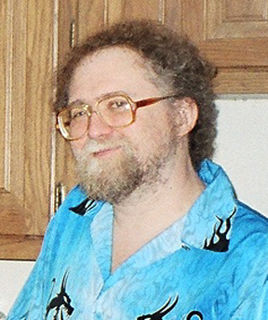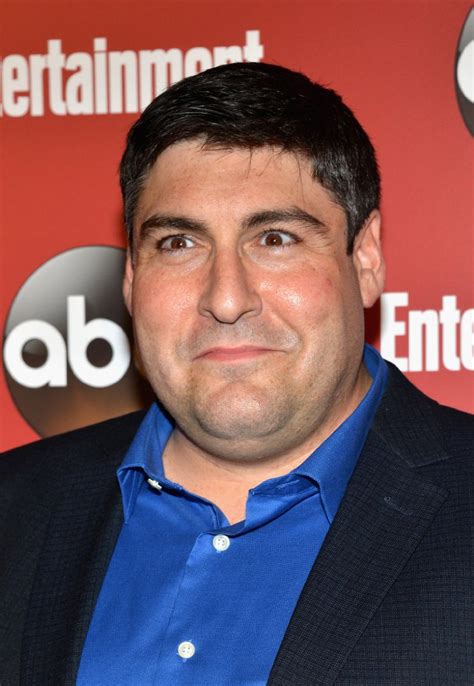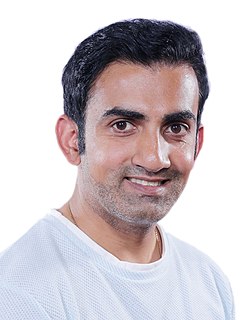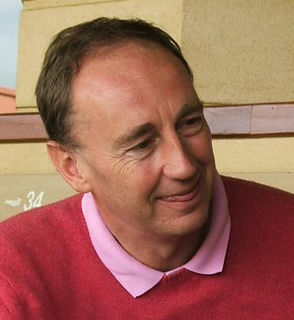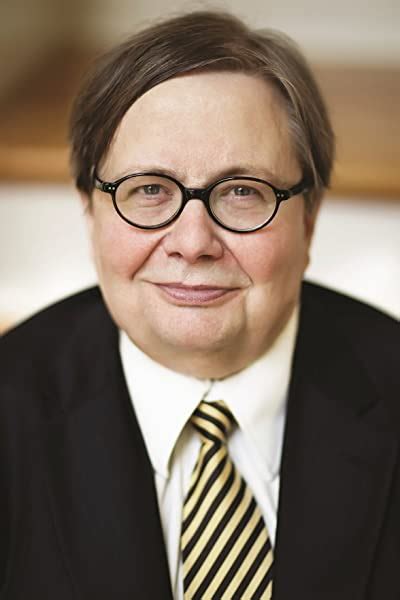A Quote by Lloyd Alexander
I used the imaginary kingdom not as a sentimentalized fairyland but as an opening wedge to express what I hoped would be some very hard truths.
Related Quotes
I started to make a joke that I had an imaginary friend underneath the let-out couch named Binky. I would never talk to him; I would only use him as entertainment for other people. I knew they thought that children had imaginary friends, so I was like, "I don't really believe in imaginary friends, but I want to feel like I do." I used to make a joke, "My imaginary friend Binky says this," because I knew it would get a laugh out of them.
Tomer: “What's this?” Cabinet: “Wt's ths?” Wedge: “Cabinet.” Tomer: “I know it's a cabinet, but it's talking.” Cabinet: “...ts tlkng” Janson: “Oh that. It's the Catann Minister of Crawling Into Very Small Spaces.” Tycho: “He bet Wedge he could fold himself in the that cabinet, around the shelves and all.” Hobbie: “Never bet against Wedge. The Minister gets to stay in there until he admits that it was a stupid bet and that Wedge doesn't owe him anything.
Jesus' kingdom was not like the popular expectation. He used the phrase 'kingdom of God' with a different meaning. His kingdom was not of this world (John 18:36). It was not like the kingdoms of this world. It was the kingdom of God, a supernatural kingdom. It was invisible to most people (John 3:3)-it could not be understood or experienced without the Holy Spirit (v. 6). God is Spirit, and the kingdom of God is a spiritual kingdom.
I know that Arnold Toynby, the great historian, said he had always hoped the religions of the world would evolve until they began to bring the very best of each tradition into one tradition. He hoped that Christianity would be the one religion that finally incorporated the values of Hinduism and Buddhism, and enriched itself with them.
Pride... is a very common failing, I believe. By all that I have ever read, I am convinced that it is very common indeed; that human nature is particularly prone to it, and that there are very few of us who do not cherish a feeling of self-complacency on the score of some quality or the other, real or imaginary. Vanity and pride are different things, though the words are often used synonymously. A person may be proud without being vain. Pride relates more to our opinion of ourselves, vanity to what we would have others think of us.
For any artistic person who creates imaginary people, the art is like inhabiting the life and mind of a seven-year-old child with imaginary friends and imaginary events and imaginary grace and imaginary tragedy. Within that alternate universe, the characters do have quite a bit of free will. I know it's happening in my mind and my mind alone, but they seem to have their own ability to shape their destinies. So I'm not shooting for anything. If the characters are vulnerable it's simply because they're very human.
I worked very hard to try and figure out what I thought and I believed that we were going to succeed and that revolutions would happen globally and we would be a part of that and we would have then not capitalism. We would have values based on human lives, not profit. We would actually transform the kinds of ways people built love and built community. It was a very shocking thing to me, out of the end of the 70s and the beginning of the 80s, to realize that that dream - while I still believed in it - was not going to happen in the way that I had hoped.




